ISGlobal’s 1st Severo Ochoa Programme (2019-2024): A 3 x 3 Approach
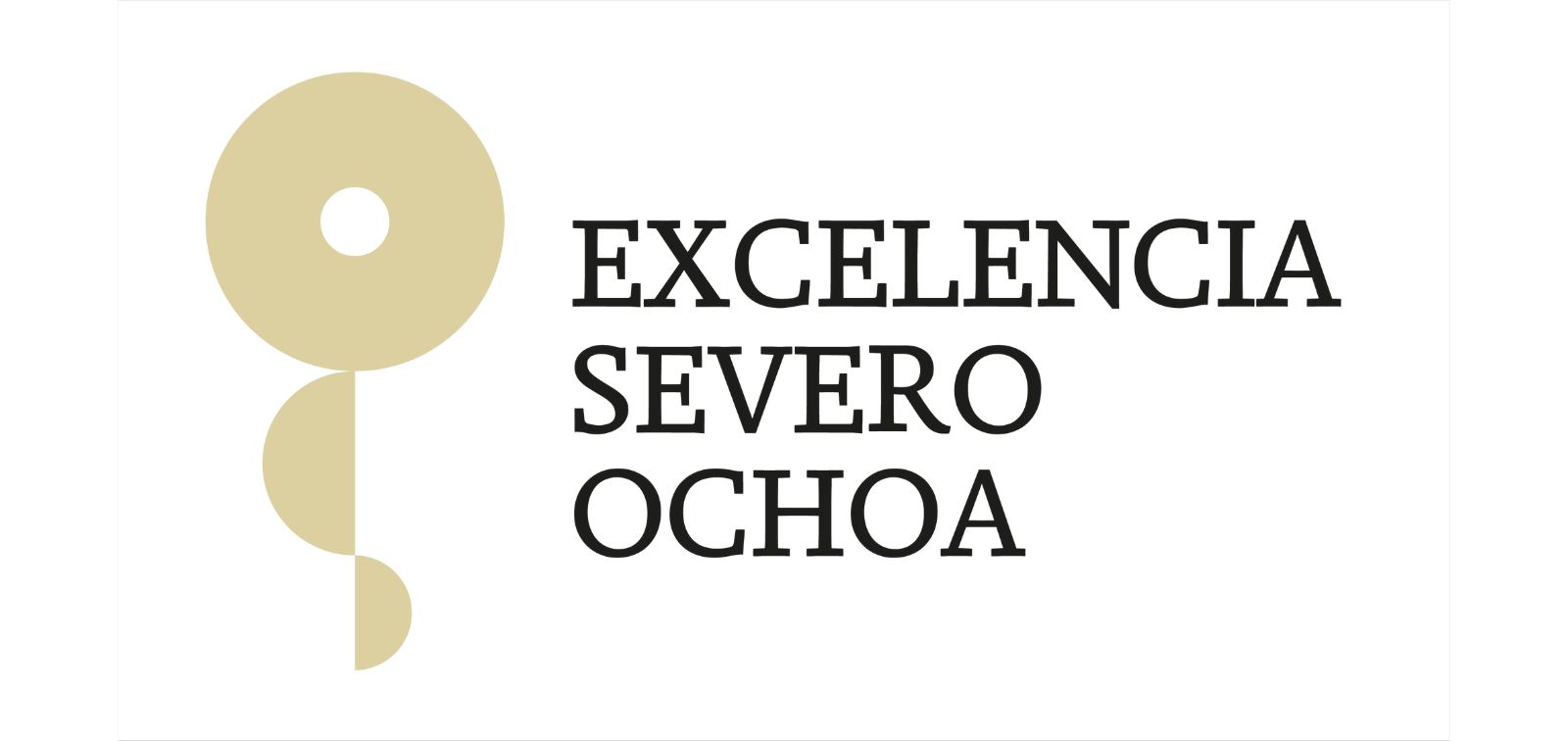
In October 2019, ISGlobal was named a Severo Ochoa Centre of Excellence by the Spanish State Research Agency, a body affiliated with the Ministry of Science and Innovation.
This accreditation recognises the excellence, scientific contributions, social and economic impact, and talent-attracting capacity of Spanish research centres. Its purpose is to fund and distinguish centres and public units that have developed highly competitive, cutting-edge research programmes positioned among the best in the world in their respective scientific fields. The award provides €4 million in funding over a four-year period to support the institutional strategic plan.
ISGlobal is the only centre in epidemiology and global public health accredited as a Severo Ochoa Centre of Excellence. This accreditation therefore represents a significant boost for this research field in Spain and internationally.
3 x 3 Approach
The Severo Ochoa Programme has been integrated into ISGlobal’s Strategic Plan 2019–2023 to strengthen the organisation’s international leadership through the promotion of integrative interdisciplinary science and its translation into significant impact.
The Programme is based on a 3 x 3 approach that will reinforce the three institutional strategic research areas with three new cross-disciplinary groups focused on frontier methods and technologies.
The three new groups will address current strategic research challenges in:
- Biomedical Data Science
- eHealth (mobile health, diagnostics, and exposure assessment)
- Health Impact Assessment (HIA)
These new groups will prioritise the implementation of these methods and technologies across ISGlobal’s three internationally recognised research areas, which are developed by the nine research programmes:
- Malaria and other infectious diseases
- Maternal and child health
- Urban health, climate, and non-communicable diseases
The promotion of interdisciplinary science will foster the development of cutting-edge research and innovation.
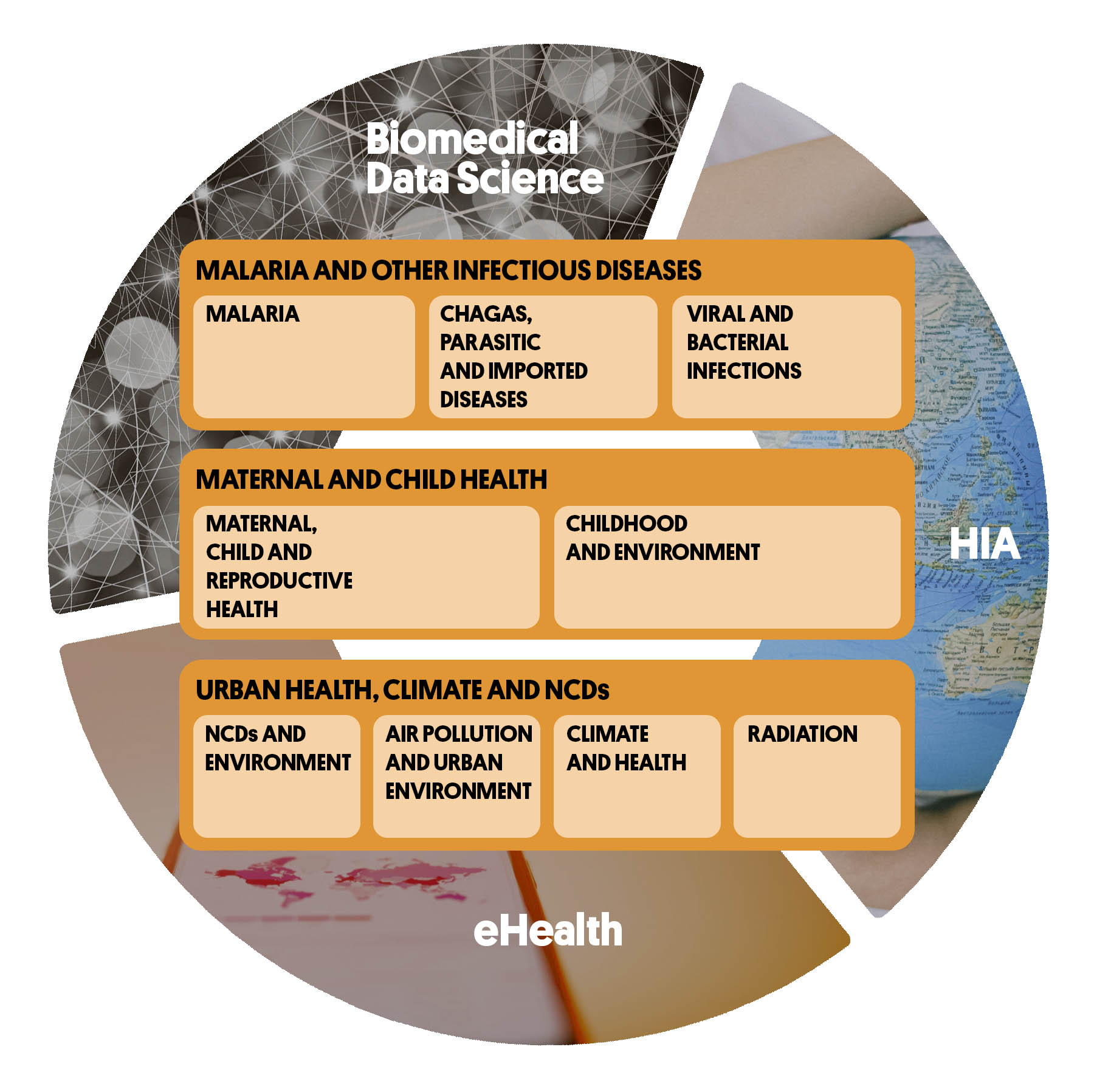
Figure: 3 x 3 structure of Severo Ochoa Programme. Each of the nine research programmes of ISGlobal converge in one (or more) of the three major research areas. The development of close interactions between the new cross-disciplinary groups on methods and technology and the research groups in each of the major areas will reinforce ISGlobal’s scientific excellence, synergies and integration.
Key Initiatives
Some examples of key initiatives promoted by the Severo Ochoa Programme are:
- Creation of Research Hubs, as cross-program networks of researchers that facilitate internal and external collaborations, enhance visibility, and foster the sharing of methods across ISGlobal’s research programmes:
(i) The Exposome Hub: Exposome research (i.e. research on advanced omics and biological pathways combined with innovative exposure assessment methods such as sensors, satellite imaging, etc.) has been prioritised by the European Commission in the Horizon 2020 Programme and is strongly represented by ISGlobal research groups. The Exposome Hub aims to bring together a network of researchers from across ISGlobal’s research programmes, and beyond, to continue developing innovative tools and methods for studying multiple environmental hazards and their associated health effects.
(ii) The Implementation Science Hub: The field of implementation science (or implementation research) is relatively new, but it has gained international momentum. It refers to the scientific study of methods and strategies that facilitate the uptake of evidence-based practices and research into routine use by practitioners and policymakers. The Implementation Science Hub is dedicated to increasing the institution's research portfolio, promoting methodological innovation, facilitating long-lasting interdisciplinary collaborations with internal and external partners, and promoting capacity building in this field.
(iii) The Preparedness Hub: The main goal of the Hub is to promote research and translation in PR3 (Preparedness, Response, Recovery and Resilience), as the concept that combines different phases of preparing for and responding to crises. Specifically, the hub aims to improve preparedness and promote resilience to health and climate emergencies irrespective of borders, bringing together ISGlobal researchers with other experts in Europe and other regions of the world (including LMICs).
(iv) The Health Analytics Hub: Health analytics involves the use of data science and analytical methods to extract insights from health-related data, aiming to improve decision-making, research, and outcomes in healthcare. This Hub is a collaborative space that brings together ISGlobal researchers and data scientists to drive innovation and knowledge exchange in this field. - Establishment of a collaboration on environmental health research with the Manhiça Health Research Centre (CISM, Mozambique), to promote environmental health research in Southern Africa and consolidate ISGlobal’s long-standing strategic partnership with CISM.
- Development of international initiatives and educational activities on planetary
health.
- Strengthening of PhD and postdoctoral programmes (talent attraction). In this regard, the Severo Ochoa accreditation enabled the institute to launch two international PhD calls: the Severo Ochoa International PhD Call in Global Health 2020 and 2021, through which 16 scholarships were offered to national and international students. In 2021, an international postdoctoral call was also launched — the Severo Ochoa International Postdoctoral Call in Global Health 2021 — to award three fellowships for interdisciplinary postdoctoral research in global health.
- Expansion and consolidation of ISGlobal’s current educational portfolio in global health, in line with the 3 x 3 approach and through an enhanced e-learning component. Thanks to the Severo Ochoa accreditation, the institute organised a series of online International Summer and Spring Schools in Global Health, offering a unique interdisciplinary teaching programme. The objective is to provide an in-depth overview of cross-cutting methods in global health (such as HIA, eHealth, data science and exposome methods) and to address key global health challenges (such as climate change, planetary health, circadian disruption, and the societal impact of infectious diseases).
Supported educational activities: Summer School 2021, Spring School 2022, Summer School 2022, Spring School 2023, Summer School 2023, and an extra course module on exposome research (in Spanish): >2,600 students trained (93% international – from 125 different countries, 81% from LMICs). - Promoting the organisation of international workshops and training opportunities to stimulate scientific debate on cross-cutting themes.
- "Estimating the Impact of Infectious Diseases on Socio-Economic Factors: Where Are We Now and How" (11–12 Dec 2023, hybrid)
- "Lingering COVID-19 Vaccine Hesitancy in 2023" (2 Nov 2023, online)
- "Advancing the Science on Environment, Climate and Cancer: Challenges and Future Research" (30–31 Oct 2023, online)
- "Satellite Session: Early Career Researchers Virtual Meeting" (27 Oct 2023, online)
- "Ageing Towards Walkable Futures" (23–24 Oct 2023, Barcelona)
- "Climate Change, Sustainable Work Practices, and Green Jobs: Research Needs in Occupational Health" (19–20 Oct 2023, Barcelona Biomedical Research Park, PRBB)
- "Workshop on Open Science and Research Assessment" (23 Feb 2023, Barcelona Biomedical Research Park, PRBB)
- "Advancing the Science for Drinking Water Chemical Exposure Assessment and Health Research" (15–16 Sep 2022, hybrid, Barcelona Biomedical Research Park, PRBB)
- "En busca de un consenso contra la reticencia vacunal" (20 June 2022, online)
- "A PR3 Challenge: Preparedness and Response in the Era of Systemic Environment and Health Crises" (5 May 2022, hybrid, CaixaFòrum Macaya – Barcelona; 6 May 2022, Fundación Ramón Areces – Madrid)
- "Advancing Planetary Health in Europe: A Tale of Two Cities" (3 June 2021, online)
- "Exposome Data Challenge Event" (28–30 April 2021, online)
- "Expanding the Scope of Research in Planetary Health in Europe" (5 weekly webinars, 24 Feb – 24 March 2021, online)
- "The Impacts of Active Transport: A Multi-Disciplinary Research and Practice Field" (3 June 2020, online)
- Promotion of women in science: “The Gender Action Plan”. Examples of key activities to reinforce the Gender Action Plan:
- Annual financial support for early-career female researchers with childcare responsibilities
- Leadership Programme for Junior Women in Science, organised by ‘The Sky is the Limit’ consulting company and led by Alicia Marín Muniesa
- Participation in the 3rd SOMMA Gender Equality Event to discuss practical topics, such as effective communication and mentoring, within the framework of gender plans and actions
- Support for the Women in Global Health (WGH) – Spanish Chapter initiative
- Support for the SDG Agenda at ISGlobal. In February 2020, ISGlobal joined the ‘Catalonia Alliance 2030’, a participatory initiative to design a National Agreement for the 2030 Agenda in Catalonia, thereby contributing to the organisation’s strategic agenda for global development.
In summary, by addressing the themes and challenges of the Strategic Plan through the Severo Ochoa Programme, ISGlobal will make significant progress towards its mission to generate knowledge, promote international leadership and collaboration, train the next generation of scientists, and create value for society.
Main Impact
The ISGlobal Severo Ochoa Grant Contributed to Boost Postdocs Career
The postdoctoral researchers recruited through our Severo Ochoa Programme since 2020 have now been awarded competitive and prestigious fellowships, such as the Ramon y Cajal Postdoctoral Fellowship from the MCINN, the MSCA Postdoctoral Individual Fellowship from the European Union, the Daniel Carasso Foundation Fellowship for young postdocs committed to food systems and sustainable diets (only 2 available in all of Spain), the Sara Borrell Postdoctoral Fellowship from the ISCIII, and other fellowships, such as the research grants from the La Marató de TV3 Foundation.
Some of the Severo Ochoa postdocs have also been recognized internally for their excellent research contributions and thus promoted to Assistant Research Professors.
In the following lines, some of them talk about their postdoctoral experience at ISGlobal under the Severo Ochoa Programme and how it helped to progress in their career.
Carolina Donat
«I am grateful for the opportunity to have completed my postdoc at ISGlobal over the past two years. During this time, I gained valuable knowledge and experience in the Water Pollution research group under the exceptional guidance of Cristina Villanueva. Additionally, I had the opportunity to attend monthly seminars and activities to learn from other research groups. I have had the opportunity to learn from the excellent research conducted by other groups through monthly seminars and activities. It is impressive to see the amount of quality data available for new hypotheses. Additionally, I would like to emphasize the facilities and the fresh, international atmosphere at ISGlobal, which are helpful and motivating on a daily basis. I would also like to mention the communication department, which has always been interested in my research and has taught me a lot about how to disseminate science. Equally important are the computer scientists, who are extremely professional and always available for all kinds of technical matters. They have been a great support over the years. All these factors and people contribute to ISGlobal's excellence and enable postdocs like me to use our full potential for the benefit of science.»
(Ramón y Cajal fellowship - Severo Ochoa postdoc in Cristina Villanueva's team)
Ujué Fresán
«My postdoctoral research at ISGlobal has expanded my knowledge of nutrition. As a nutritional epidemiologist, I had the chance to implement an intervention that promotes sustainable diets using innovative technologies, such as mobile applications, within ISGlobal's new eHealth group. Having a broad perspective on a topic is essential for my career, particularly in my case as an Assistant Research Professor at ISGlobal focusing on sustainable diets. This will undoubtedly be very useful, especially with the grant recently awarded to me by the Daniel Carasso Foundation.»
(Daniel Carasso Foundation fellowship - Severo Ochoa postdoc in Guillaume Chevance's team)
Ariadna Curto
«My postdoctoral research at ISGlobal has been crucial in furthering my study on the effects of air pollution on health, particularly in low-income countries. During my time there, I researched the impact of smoke from forest and cropland fires on child health in Mozambique. This allowed me to acquire new statistical skills and publish my findings in a renowned and impactful journal, Lancet Planetary Health. Additionally, I coordinated two monitoring campaigns, one of which generated the first time series of particulate matter in Mozambique. This experience has not only broadened my knowledge and skills but has also been key to obtaining the prestigious Sara Borrell grant from the Instituto de Salud Carlos III. This grant will allow me to continue my research at the Instituto de Investigación Sanitaria de las Islas Baleares (IdISBa).»
(ISCIII's Sara Borrell felloship - Severo Ochoa postdoc in Cathryn Tonne and Quique Bassat's team)
Lea Maitre
«The ISGlobal Severo Ochoa Programme allowed me to lead exciting initiatives, a cross-programme hub—the first in ISGlobal—, organising internal and external events such as the Data Challenge with prestigious universities, annual courses with LMIC students, which ultimately allowed me to build a strong personal network in my field and strengthen the overall position of ISGlobal, both locally and internationally. As part of the SO Programme, I received the SO Grant for young mother researchers. This grant provided me with more flexibility, allowing me to balance my new maternal responsibilities while still being involved in important research calls.»
(Ramon y Cajal fellowship and a grant from La Marató de TV3 Foundation 2021 - Severo Ochoa postdoc in Martine Vrijheid's team)
Our Team
Our Team
-
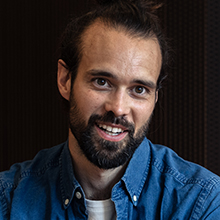 Guillaume Chevance Associated Researcher
Guillaume Chevance Associated Researcher -
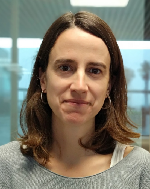 Maria Elena Garcia Pujadas Severo Ochoa Programme Financial Manager
Maria Elena Garcia Pujadas Severo Ochoa Programme Financial Manager -
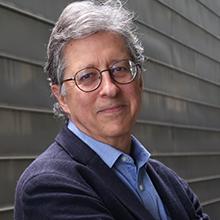 Manolis Kogevinas Research Professor
Manolis Kogevinas Research Professor -
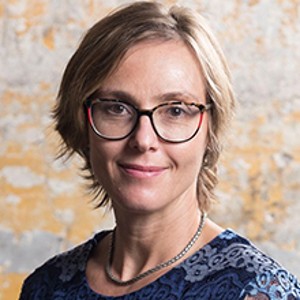 Paula Petrone Associated Researcher
Paula Petrone Associated Researcher -
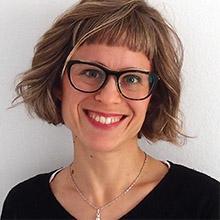 Giulia Pollarolo Severo Ochoa Excellence Programme Coordinator, Liaison to Director General
Giulia Pollarolo Severo Ochoa Excellence Programme Coordinator, Liaison to Director General -
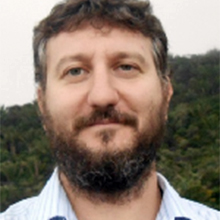 Davide Rasella ICREA Research Professor and Head of the Global Health Impact Assessment and Evaluation Group (IMPACThealth)
Davide Rasella ICREA Research Professor and Head of the Global Health Impact Assessment and Evaluation Group (IMPACThealth)



